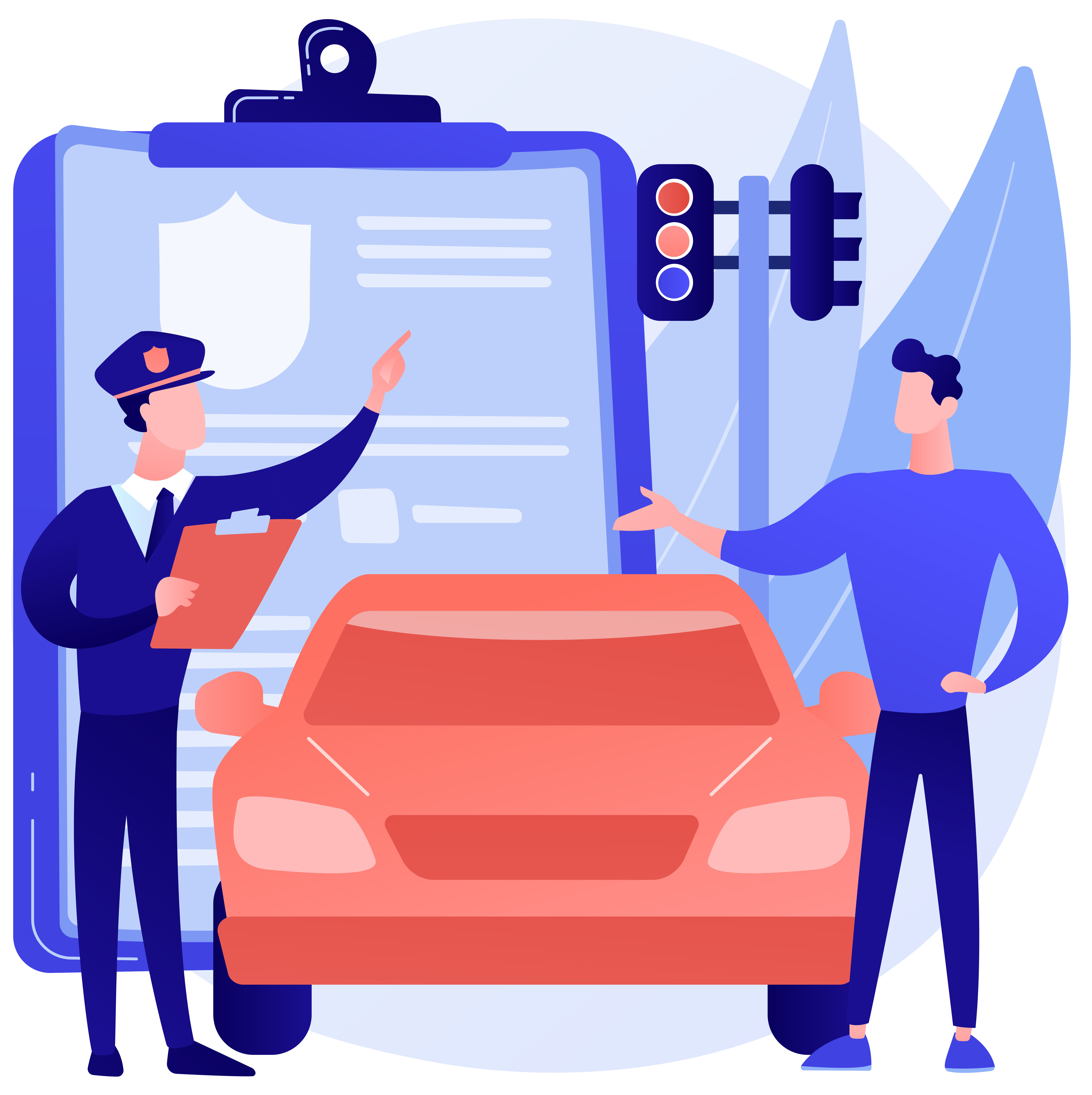Overview
The ability to drive is essential for many who travel by car to work. Licenses are routinely suspended for driving-related offenses, but during the “tough on crime” era of the 1990s, driver’s license suspensions emerged as an additional tool of punishment for offenses that are completely unrelated to driving. These provisions proved counterproductive, as the inability to drive forced many individuals into an impossible choice of whether to stay at home and lose their job or drive illegally to provide for their families. Reserving license suspensions for driving-related offenses ensures that punishments are proportional and individuals who haven’t abused the privilege of driving don’t lose their ability to travel.


No suspensions for justice debt
Does the state prevent driver's license suspensions for justice debt?
33 points

No suspensions for drug violations
Does the state prevent driver's license suspensions for drug offenses that are unrelated to driving?
33 points

No suspensions for other nonviolent offenses
Does the state prevent suspensions for other nonviolent offenses unrelated to driving?